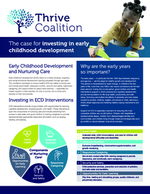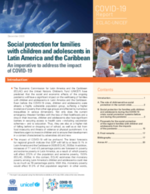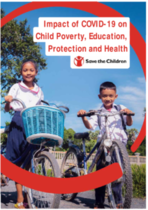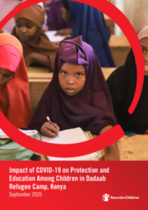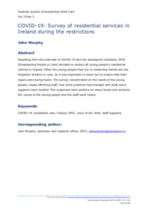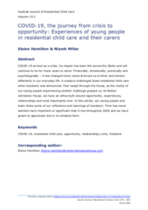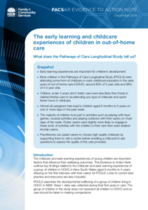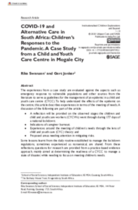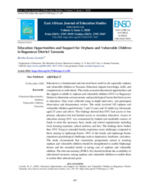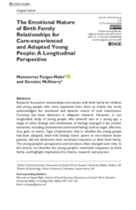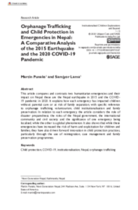Keystone Human Services, Inclusion International, SPOON, International Social Service - Burkina Faso, Shonaquip - South Africa, Ministry of Labour & Social Affairs - Vietnam, Auto-reprezentanți - Moldova, International Disability Alliance
By drawing on the experiences of parents, advocates, NGOs, and public officials, this side event invited discussion on how, through strengthening families and tools for prevention, societies can reduce the number of children being institutionalized. During the event, a panel of experts from the Republic of Moldova, South Africa, Burkina Faso, Vietnam, and the United States explored their experiences around efforts to empower parents and keep children with disabilities with their families.

